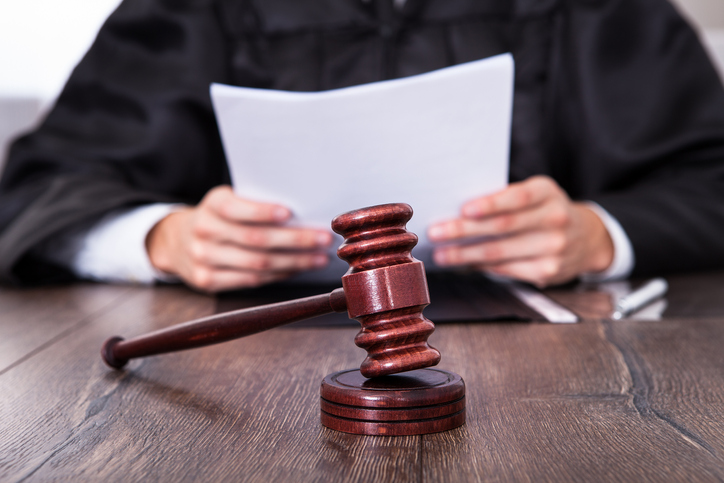To print this article, all you need is to be registered or login on Mondaq.com.
In Google LLC v Sonos Inc, 2024 FCA 44, the Federal
Court of Appeal dismissed Google’s appeal of a Federal Court
decision that found that Sonos did not infringe claim 7 of
Google’s Canadian Patent No. 2,545,150. Google disagreed with
the Federal Court’s interpretation of the terms “echo
cancellation” and “an order” in claim 7.
Claim 7 of the Google patent recites:
7. An electronic device, comprising:
an audio input configured to receive a received
signal;
an audio output configured to output an output
signal;
a transceiver configured to transmit a transmitted signal;
and
an adaptive echo and noise control system coupled to the
audio input,
the audio output, and the transceiver,
the adaptive echo and noise control system
including
an echo canceller; and
a noise suppressor,
wherein the adaptive echo and noise control system is
configured to
adaptively determine an order of echo cancellation and noise
suppression based on an amount of noise in the received signal to
generate a desired signal,
and wherein the adaptive echo and noise control system is
further configured to send the desired signal to the
transceiver.
On the basis of expert evidence, the Federal Court had found
that “echo cancellation” was a distinct process from
noise suppression and rejected Google’s argument that echo
cancellation was not limited to mechanisms using a reference signal
and a cancellation point, but included other mechanisms that
treated echo as noise.
The Federal Court also weighed conflicting expert evidence to
determine that there would be no “order of echo cancellation
and noise suppression” where only either echo cancellation or
noise suppression was performed. Google argued that the term
“an order” could encompass an order in which either
process was available but not performed.
The Federal Court of Appeal began with commenting on the
applicable standard of review. In accordance with the Supreme Court
of Canada’s decision in Housen v Nikolaisen, 2002 SCC
33, the Federal Court of Appeal noted that questions of law are
reviewed for correctness, whereas questions of mixed fact and law
are reviewed for palpable and overriding error.
The Federal Court of Appeal then held that interpretation of
patent claims is in theory a question of law and therefore subject
to the correctness standard. However, because claims are
interpreted from the perspective of a person skilled in the art and
because courts often consider expert evidence to determine how a
person skilled in the art would interpret the claims, claims
interpretation is in practice often a question of mixed fact and
law. Therefore, claims interpretation is to be reviewed on the
palpable and overriding error standard when the interpretation
turns on the weight given to expert evidence.
The Federal Court of Appeal reviewed the Federal Court’s
interpretation of claim 7 for palpable and overriding error and
found none. Accordingly, the appeal was dismissed.
A copy of the decision is available here.
Standard Of Review In Patent Claims
Construction
The content of this article is intended to provide a general
guide to the subject matter. Specialist advice should be sought
about your specific circumstances.
POPULAR ARTICLES ON: Intellectual Property from Canada
#Standard #Review #Patent #Claims #Construction #Patent










